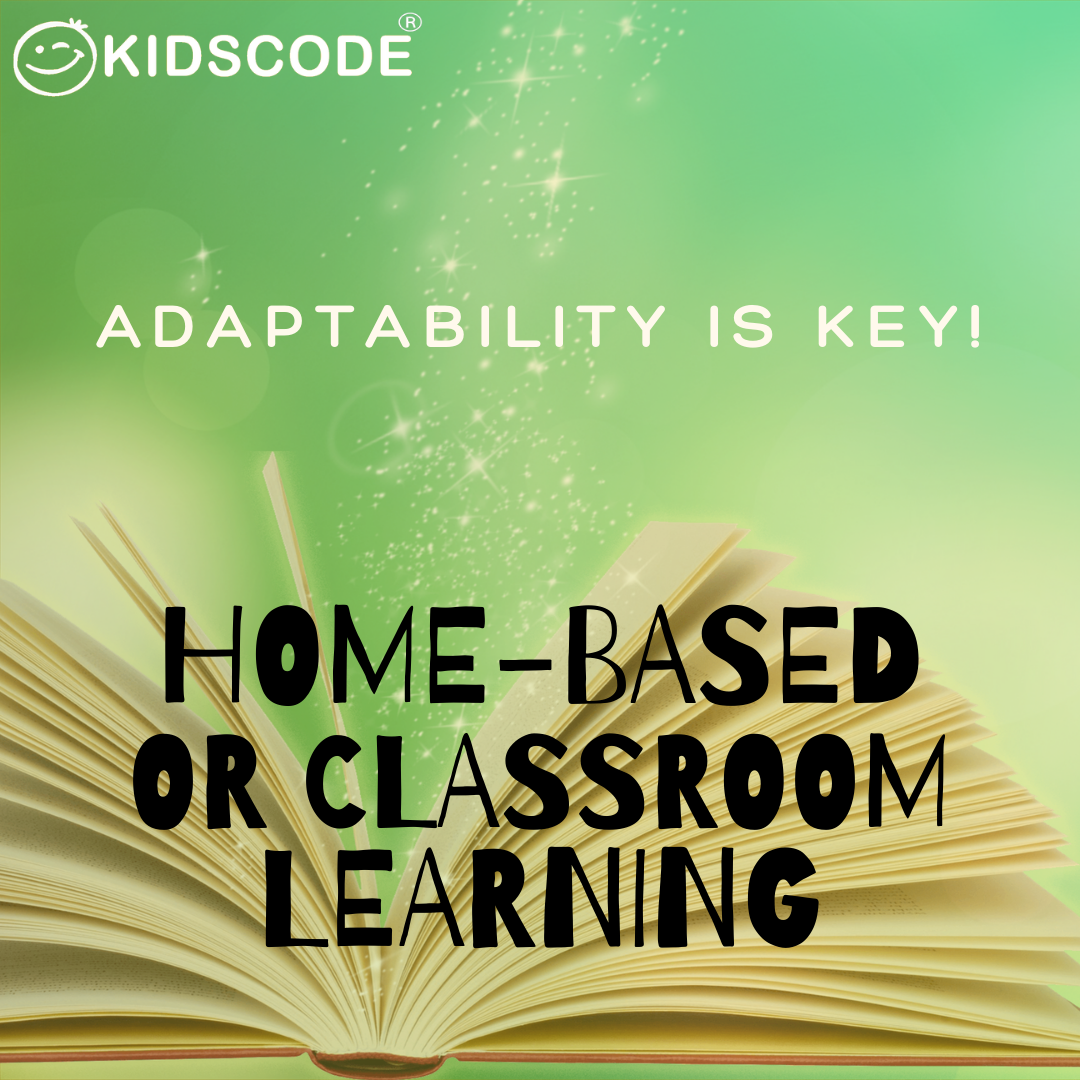HOME-BASED AND CLASSROOM LEARNING – DIFFERENT METHODS, BUT WITH ADAPTABILTY, YOU CAN EXCEL
It has been 3 weeks since the students are back in school for their face-to-face lessons after a month of home-based learning in April. Some students are happy to be back and some are not. This boils down to their preference of home-based or face-to-face learning. Why is this so?
Social Interactions
Being back in school, students are now able to talk to their peers and even share with them what they have done during the 2 months of staying at home face-to-face. Chatting with friends face-to-face is just not exactly the same as chatting with friends virtually; you see your friends physically in front of you and not through a computer screen.
Additionally, being able to see each other face-to-face means that students working on group projects are now able to communicate better with their team members. This ensures that every team member is on the same page and is following the team schedule so that the project can progress smoothly. Of course, bearing in mind that talking can only be done with the masks on.
Nevertheless, the introduction of many online teleconferencing and collaborative tools enable students to chat with their friends at the comfort of their homes, and work on projects together despite not being physically beside each other. Social interactions seem to be a breeze in the virtual platform, especially since it is more comfortable to talk without the masks on. You also do not need to put in much effort to accommodate to everyone’s timing to meet at a time and place where is convenient for all, since everyone is home anyways.
School Environment
For students who prefer face-to-face learning, being in a school environment enables them to be more effective and productive in their learning as compared to doing eLearning. I am sure that they are rather glad to know that schools will be resuming all face-to-face lessons from 29 June 2020 onwards. Maybe, putting on school uniforms and sticking to a specific routine is not that bad after all.
For students who prefer home-based learning, the days spent studying at home would mean that they can ‘dress down’, sleep in a little longer on weekdays, and learn at your own pace. After getting used to a month of home-based learning in April, going back to school for face-to-face lessons may not be ideal for them. Being in a school environment may affect their effectiveness and productivity in their learning as compared to doing eLearning.
Home-Based and Classroom Learning – Different Methods, But with Adaptability, You Can Excel
Home-based and classroom learning each have their own pros and cons; there is no best method of learning. Similarly, Garner’s theory of multiple intelligences implies that students are ‘smarter’ in some ways. Hence, some students learn better through using images (spatial), some learn better through sound and music (musical), some learn better through words (linguistic), some learn better through hands-on (bodily-kinesthetic), some learn better using logic and reasoning (mathematical), some learn better when with people (interpersonal), while some learn better when alone (intrapersonal).
While home-based and classroom learning may be two differing learning methods, you can excel with adaptability.
In Phase 1, primary and secondary school students from the non-graduating cohorts would take turns and report to school during alternate weeks for face-to-face lessons. The constant rotation brings about the concerns regarding submission of assignments. On days that they are in school, they are required to submit their assignments physically to the teachers, and on days that they are doing home-based learning, they are required to submit their assignments online. This can get really confusing and stressful for the students, as they need to keep track of the submission deadline as well as the method of submission. Indeed, the students need to adapt fast to the different modes of assignments.
Additionally, the lack of consistency in the learning environment does not make it conducive for students to be effective and productive in their learning. Students who prefer face-to-face lessons may do better during the days in schools, while students who prefer eLearning may do better during the days of home-based learning. Our educators do need to put in extra efforts to engage our students, to motivate them to strive and thrive in the new norm!
Each student has his/her own learning preference. The students who prefer home-based learning finds it easier to adapt to home-based learning, while students who prefer face-to-face learning finds it easier to adapt to classroom learning. With face-to-face lessons resuming fully from 29 June 2020 onwards, the challenge then is for the students to re-adapt to the norm before circuit breaker – a fully classroom-based learning, and this may pose a greater challenge for students who prefers home-based learning.
Adapted From
Nabilah, A. (2020). Singaporean youths react to their first day back in school after circuit breaker. Retrieved from Youth SG: https://www.youth.sg/Peek-Show/2020/6/Singaporean-youths-react-to-their-first-day-back-in-school-after-circuit-breaker.
Lam, E. (2020). Polytechnic students struggle with home-based learning as hands-on projects go online. Retrieved from Youth SG: https://www.youth.sg/Our-Voice/Opinions/2020/6/polytechnic-students-struggle-with-home-based-learning-as-hands-on-projects-go-online.
Zimbardo, P.G., Johnson, R.L., & McCann, V. (2009). Psychology: Core concepts (7th ed.). Boston, MA: Pearson Education, Inc.




